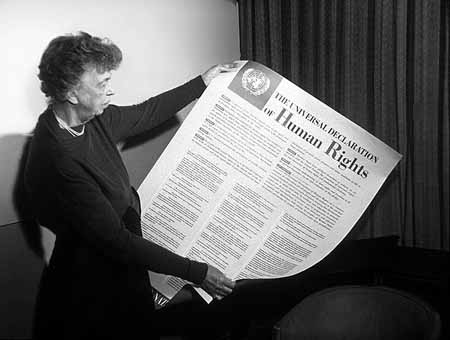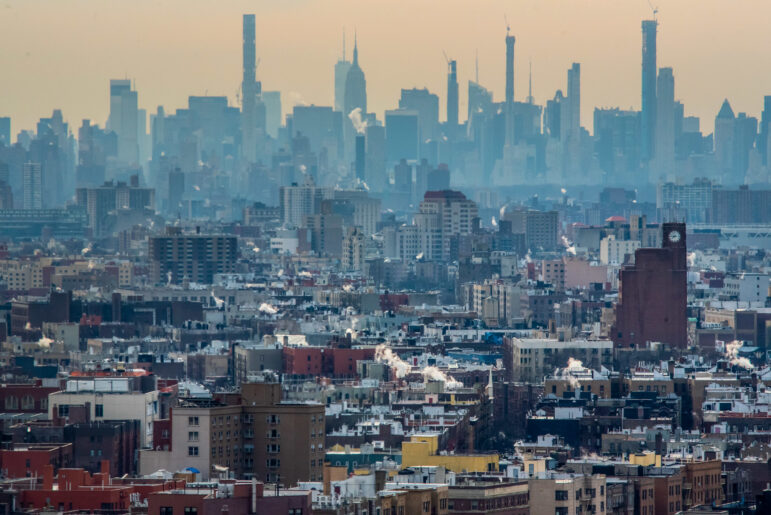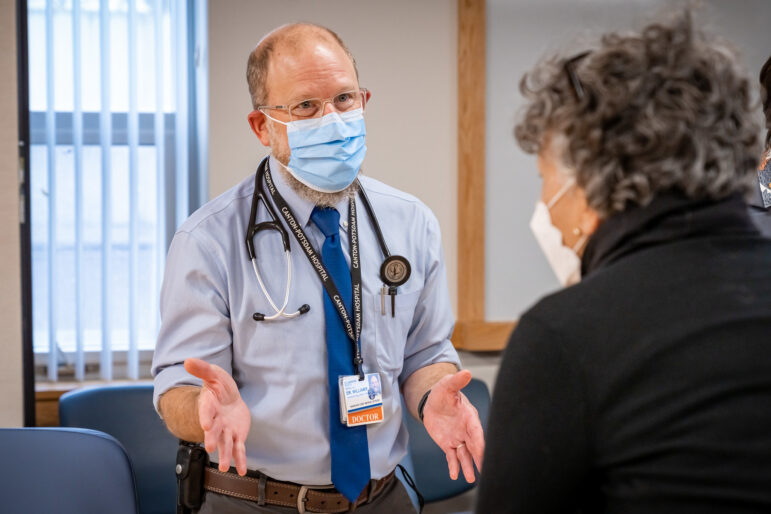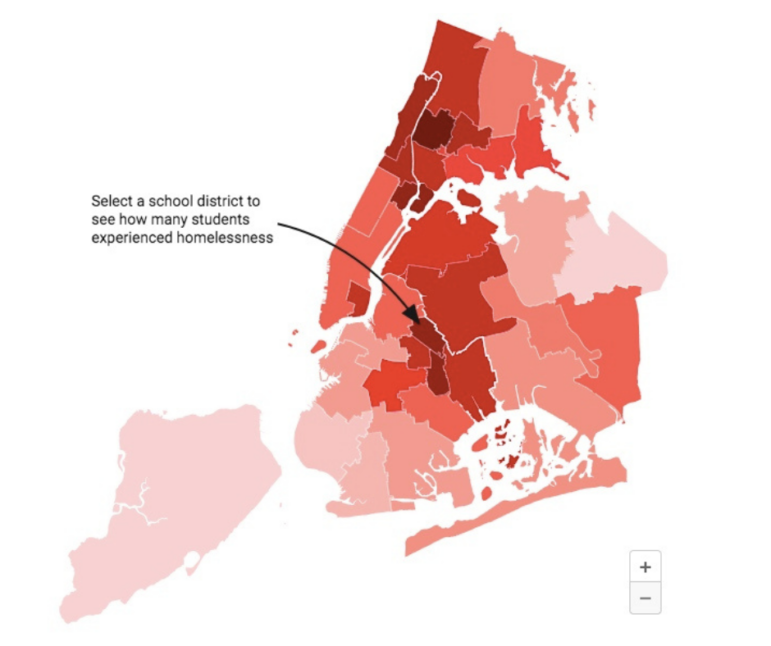
National Archives
Eleanor Roosevelt, former First Lady and one-time legislative director for Women’s City Club of New York (WCC), once said, “The battle for the individual rights of women is one of long standing and none of us should countenance anything which undermines it.”
As Women’s History Month 2016 draws to a close, some might be tempted to think that our work is done – it is not. Although women’s equality has seen significant gains throughout the 20th century, from women securing the right to vote to protections against sex discrimination, including in employment; from equal and fair pay legislation to the Roe v. Wade decision and the prohibition against sex discrimination in federally funded education programs or activities, much remains to be done.
In 2015, most provisions of the New York State Women’s Equality Agenda were enacted, and New York City enacted paid sick leave, strengthened its Human Rights Commission, and created the Young Women’s Initiative. Philanthropic investment has also increased. Recently, The New York Women’s Foundation and NoVo Foundation announced that the New York City Philanthropic Table for Girls and Young Women of Color will match the City Council’s $10 million investment through the Young Women’s Initiative. Further, NoVo Foundation announced a commitment of $90 million over seven years for women and girls of color nationwide. That’s $100 million over five to seven years to remove barriers and create opportunities for girls and young women! We certainly celebrate these public and private investments.
Yet, despite these major strides, nearly 170 years after Seneca Falls, there remain deep and troubling gender-equality gaps. Women face leadership and pay inequities. According to a CUNY Institute for State and Local Governance (ISLG) report, out of 166 elected local New York City government officials, only 29.5 percent were women. The situation is no better in the private sector where, according to Catalyst, of the 500 highest-paid chief executives in the U.S., there were just 20 women – that’s 4 percent of the total.
Even with the equal pay laws, ISLG found that there remains a pay gap with women’s median yearly income almost 10 percent less than that of men. Worse yet, recent research by Cornell University found that when women enter fields in greater numbers, the pay declines for the same jobs that were held by men previously. This leads to the premise that women’s work is not as valued as men’s work.
In addition to leadership and pay inequities, women face higher rates of domestic violence, sexual abuse, sex trafficking and health inequities, including recent attacks on the right to reproductive choice. Women also face higher poverty rates throughout their adult lives, including into retirement, with nearly a million New York City girls and women living in poverty. Women of color are often disproportionately impacted by these inequities.
The year 2016 may be the first in which a woman is elected President of the U.S. Let’s make sure it is also the year that significant progress on these inequalities is made. We must also understand that all issues are women’s issues – and all New Yorkers will be better off if we close the gender-equality gap.
Women must again become relentless advocates, as they once were in Seneca Falls, and throughout the 1960s and 1970s. They must be active in maintaining gains and moving these issues forward – this will require providing civic and leadership development to girls and women. It rests upon us to remember the legacy of our foremothers, to stand up with our allies, and continue the fight for economic, gender, and racial equality.
Together we will move forward to ensure that many more women are backed to run for elected office and that the glass ceiling to corporate leadership positions is shattered. We must also support comprehensive initiatives such as the Young Women’s Initiative, tackle pay and other employment inequities in the workforce, and address abuse and violence against women, to name a few needed actions.
At WCC, we are actively organizing and building a 21st-Century civic participation model to mobilize girls and women to be social change agents. We are committed to ensuring that women have a place at the decision-making tables when these vital issues are tackled. With 100 years of activism as our legacy, we are ideally suited to lead a renaissance in civic engagement and participation, starting with equipping our members with the knowledge and skills necessary to effectively advocate for change. In the words of our Founders, we are determined to continue to “do more radical work” to benefit all New Yorkers.
Jacqueline M. Ebanks is the executive director of the Women’s City Club of New York. WCC is a nonprofit, non-partisan, multi-issue activist organization dedicated to improving the quality of life for all New Yorkers. To promote responsive government, WCC shapes public policy through education, issue analysis, advocacy, and civic participation. http://wccny.org/









